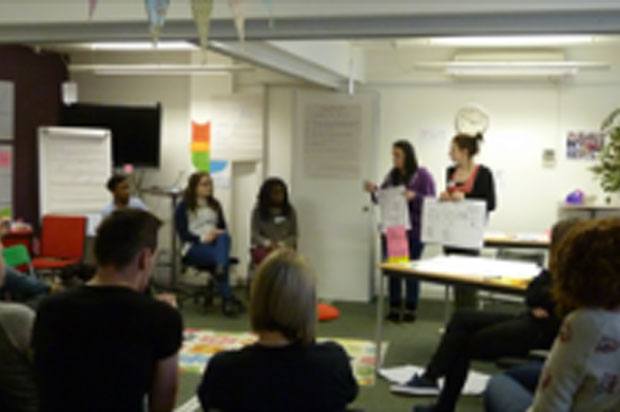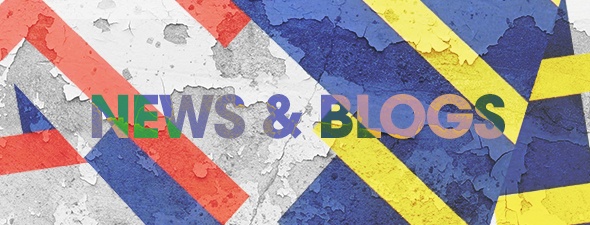Mental Health app co-creation: the story so far
Our 2013 YouthNet research into the way young people seek help in the mobile environment found that stress is a consistent factor in young people’s lives.
To address this key insight, we want to build an app that will ‘de-stress a situation’ and give young people space to make reasoned choices about their next steps.
YouthNet has developed a co-creation system which brings together young people, subject-matter experts and digital specialists to generate and refine digital product concepts.
So far we’ve run two co-creation sessions for our proposed mental health app, with a third scheduled. This will be followed by design, building and testing stages before the first iteration of the app is released.
We’re working with digital agency Neontribe to facilitate the process, ensuring that together we will develop an innovative, sustainable product that is truly driven by and developed with young people.
As YouthNet’s project manager I’ve been heavily involved with all stages of the process so far:
Session 1
The first session ended on a high note, the group of young people manage to work collaboratively on personas and scenarios, coming up with eight ideas on how technology might be able to help in stressful situation (Charlotte Poulter, one of our volunteers, gives the low-down on how this day went on her blog: Volunteers Raid YouthNet).
Session 2
The second session was attended by a group of 12 young Londoners, 3 from the previous session. In true YouthNet style, we started the day with an ‘opening round’ – your name and something that makes you happy. Just going around the room put a smile on my face, reminding me that it’s the simple things in life that make most people happy.
The group was then presented with the eight ideas from the first section. Splitting into groups, each had the massive task of selecting an idea, and breaking it down to a level that they were able pitch back to group.
During the session, they were prompted to question themselves on needs, approach, benefits, competitions, when the app will be used and by who. They then made their initial pitch to other teams and refined and enhanced their app concept based on feedback.
After an intense day, the teams were ready to pitch back to the whole group. Pitching was probably the most challenging part of the day, involving standing up and talking in front of 20-odd people. But I was impressed: in a short time period they managed to achieve a well-thought out concept, create story boards, organise themselves and present a pitch that would even impress the inhabitants of Dragon’s Den. They managed the Q&A from the others well and the app concepts were so impressively thought out and detailed I could almost visualize them working on my phone.
Special thanks to all who had volunteered their Saturday to contribute in the creation of the app:
Stephanie M, Sarah B, Rachel C, Tia A, Anjeli S, Amy H, Sarah C, Morenike L, Ciara M, Steffany M, Luke S and Rebecca B.
By
Published on 26-Feb-2014
No featured article













